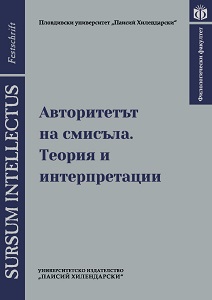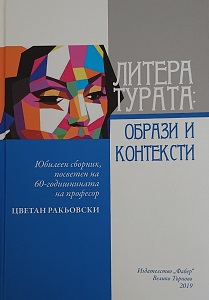
Изложения и кланици (България, Чикаго, Париж)
The essay discusses the travelogue To Chicago and Back by juxtaposing it to Oriental slaughterhouses and the modern slaughterhouse of the New world. Amidst the glamour of expositions (Aleko Konstantinov visited Paris (1889) and Chicago (1893) but described Chicago only), there crop up the questions “what is the future” and “what is the New world”. The basic anxiety is “where is the world going” and “well, when are we going to live” which appeared when Aleko Konstantinov encountered the images of the Columbian Exposition, the slaughterhouses, Bellamy’s novel Looking Backward and the description of Paris upon his return from the New world. During his entire trip around America Aleko remembers Paris but continues to avoid describing it. The promise that he would do so in 1900 (a new World exposition in Paris) remained hypothetical (he was killed in 1897). But the trip to Paris was combined with a round-the-world one, i.e. again a visit on the way. In the flame of progress he detected coldness; there was a chill discernible in the picture of the coming modern world. The problematics of “when are we going to live” is important in the context of American, European and Balkan culture. On the other hand, it was precisely in America that the idea for the most emblematic of Aleko Konstantinov’s works appeared, i.e. Baj Ganyo. The essay compares the visions of the future in the context of the Paris and Columbian World Expositions.
More...
